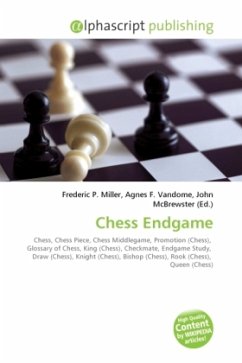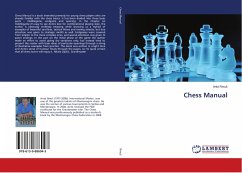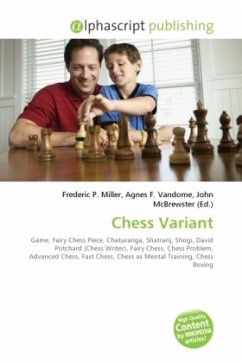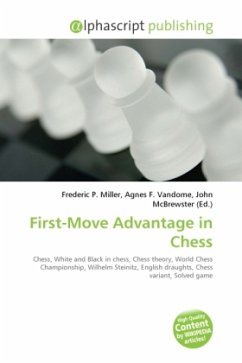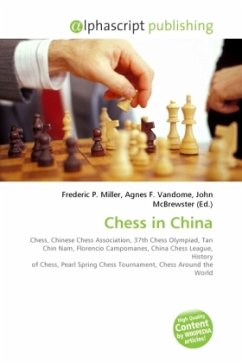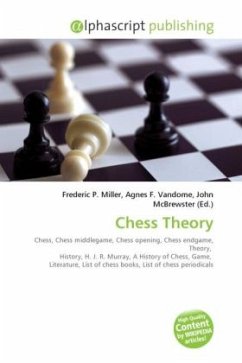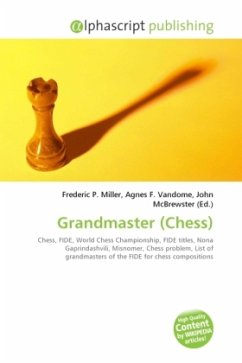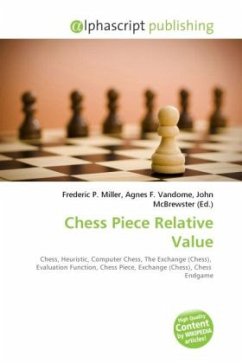In chess and chess-like games, the endgame (or end game or ending) refers to the stage of the game when there are few pieces left on the board. The line between middlegame and endgame is often not clear, and may occur gradually or with the quick exchange of a few pairs of pieces. The endgame, however, tends to have different characteristics from the middlegame, and the players have correspondingly different strategic concerns. In particular, pawns become more important; endgames often revolve around attempting to promote a pawn by advancing it to the eighth rank. The king, which has to be protected in the middlegame owing to the threat of checkmate, becomes a strong piece in the endgame. It can be brought to the center of the board and be a useful attacking piece. Many people have composed endgame studies, endgame positions which are solved by finding a win for White when there is no obvious way of winning, or a draw when it seems White must lose. Usually in the endgame, the stronger side should try to exchange pieces (knights, bishops, rooks, and queens), while avoiding the exchange of pawns.
Bitte wählen Sie Ihr Anliegen aus.
Rechnungen
Retourenschein anfordern
Bestellstatus
Storno

